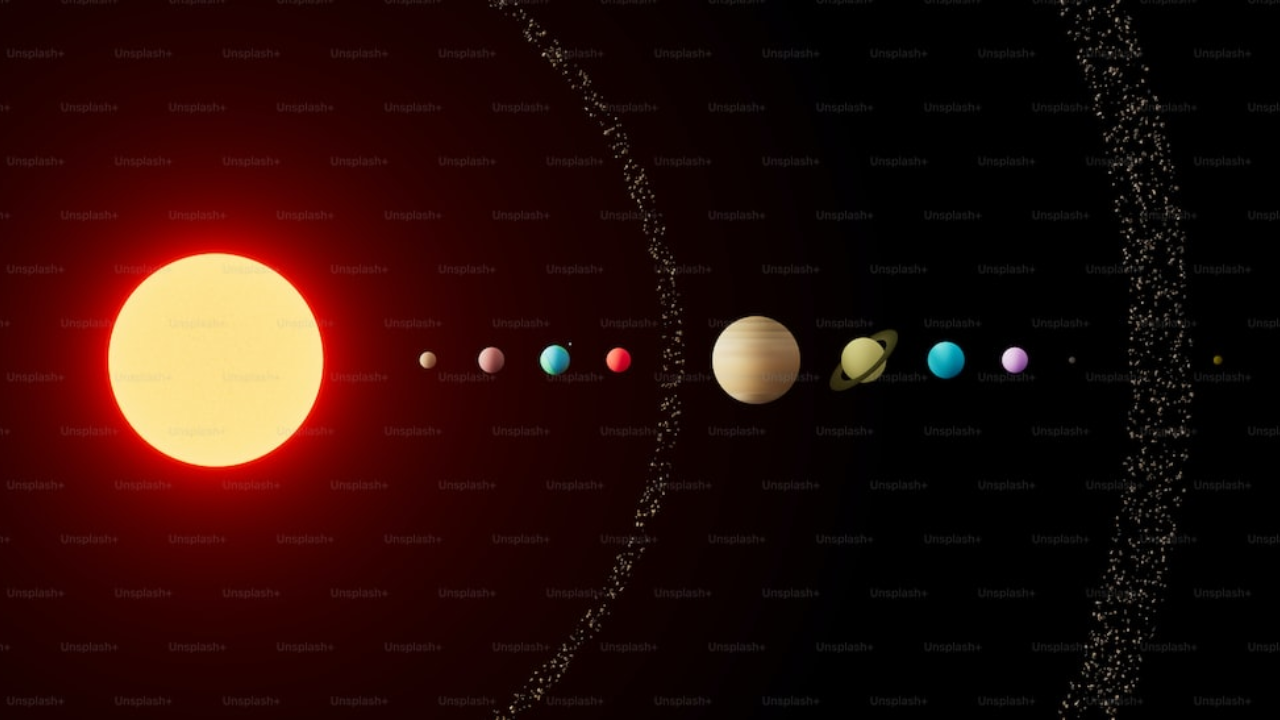
Why Do Different Have Different Colours? Explained Explainers
Neptune has 14 moons (natural satellites), only two of which had been discovered before the Voyager 2 spacecraft flew past the planet in 1989, and a system of rings, which had been unconfirmed until Voyager's visit. As is the case for Uranus, most of what astronomers know about Neptune, including its rotation period and the existence and.
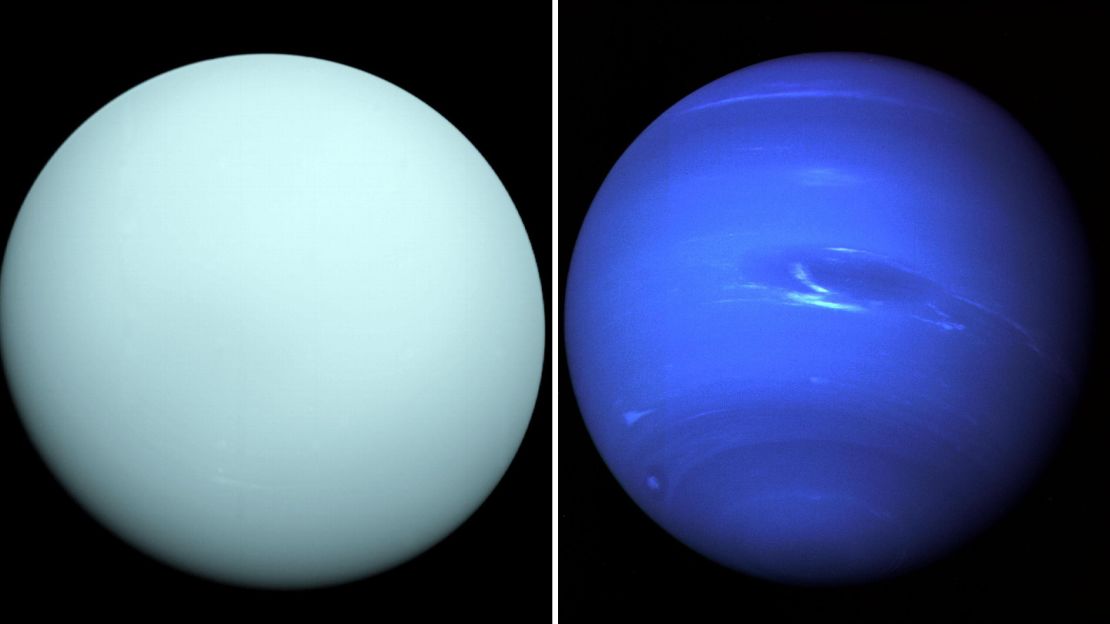
Neptune and Uranus look like twins in updated color images CNN
This photograph of Neptune was reconstructed from two images taken by NASA Voyager 2. At the north top is the. These thermal images show a hot south pole on the planet Neptune.

Snapchat Here's What They Mean, And How They Work
The images of Uranus, the seventh planet from the sun, and Neptune, the eighth planet, were collected in 1986 and 1989, respectively, as NASA's Voyager 2 spacecraft headed out of the solar system.

New images reveal what Neptune and Uranus really look like Meantime
Sept. 21, 2022, 10:26 AM PDT. By Denise Chow. The James Webb Space Telescope's first images of Neptune, the mysterious ice giant that orbits in the far reaches of the outer solar system, were so.

New Images Reveal True Colors of Neptune, Uranus Study
James Webb Space Telescope captures strikingly crisp images of Neptune and its rings By Katie Hunt, CNN 3 minute read Published 11:40 AM EDT, Wed September 21, 2022 Link Copied! This.

Snapchat The Social Media's Astrological Feature — citiMuzik
Planet Neptune Overview Dark, cold and whipped by supersonic winds, giant Neptune is the eighth and most distant major planet orbiting our Sun. More than 30 times as far from the Sun as Earth, Neptune is not visible to the naked eye.
A collage of all the in true color r/pics
This picture of Neptune was produced from the last whole planet images taken through the green and orange filters on the Voyager 2 narrow angle camera. The images were taken on Aug. 20, 1989, at a range of 4.4 million miles from the planet, 4 days and 20 hours before closest approach on Aug. 25. The picture shows the Great Dark Spot and its.
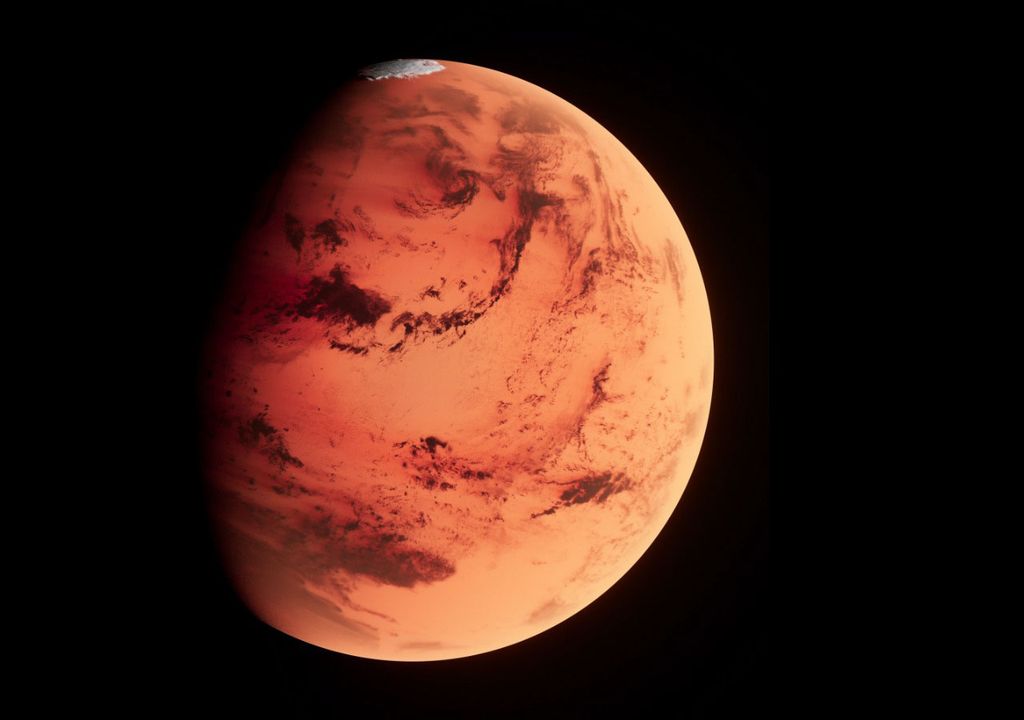
Are there other with liquid water? Carbon dioxide can be a clue
The images of Neptune were enhanced to show the white clouds and winds of the planet's atmosphere. Voyager 2 captured the first detailed images of Uranus in 1986 (left) and Neptune in 1989.

Don't look so blue, Neptune Now astronomers know this true
Sep 4, 2023 tif (8.35 MB) Neptune Full Disk View Sep 4, 2023 jpg (252.93 KB) This picture of Neptune was produced from the last whole planet images taken through the green and orange filters on the Voyager 2 narrow angle camera.

≫ What are the Jovian
Dreaming of blue. Orbiting at a distance of roughly 2.8 billion miles from the sun, Neptune is the furthest planet yet discovered in our solar system (that is, after Pluto's reclassification as a.

Neptune a New For Humans? Scientists Make Shocking Discoveries
NASA Webb Telescope Team NASA's James Webb Space Telescope shows off its capabilities closer to home with its first image of Neptune. Not only has Webb captured the clearest view of this distant planet's rings in more than 30 years, but its cameras reveal the ice giant in a whole new light. En español
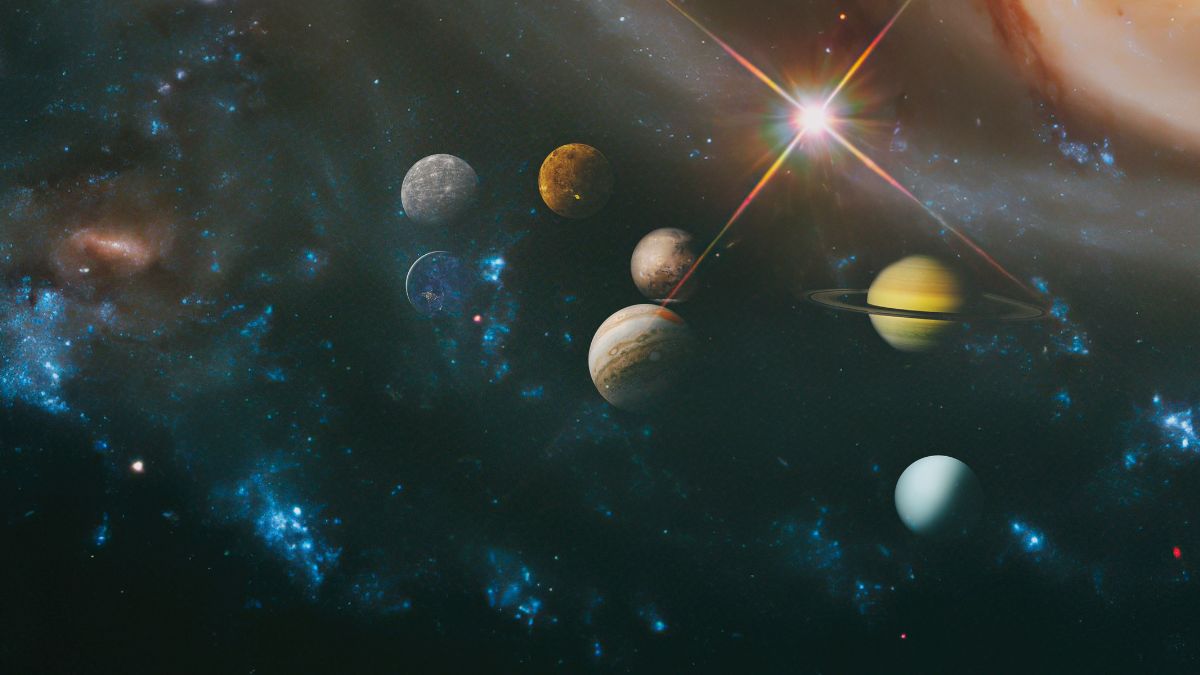
Transitions Happening In January 2024, Know Their Effects On All
These four Hubble images of Neptune were taken with the Wide Field Camera 3 on June 25-26, 2011, during the planet's 16-hour rotation. The snapshots were taken at roughly four-hour intervals,.
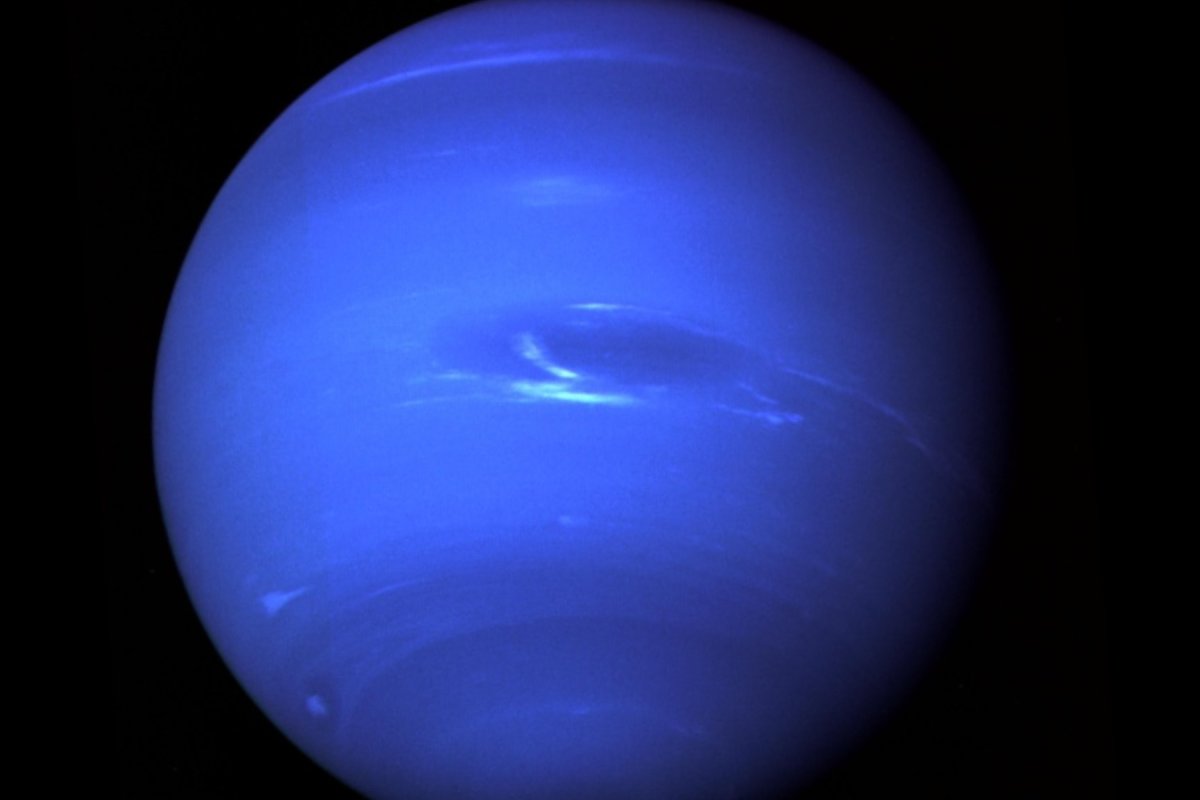
True Face of Neptune Revealed Debunking Image That 'Bedeviled for
1-100 of 310 images Next page / 4 solar system poseidon trident mercury nature david jupiter space michelangelo Find images of Neptune Royalty-free No attribution required High quality images.
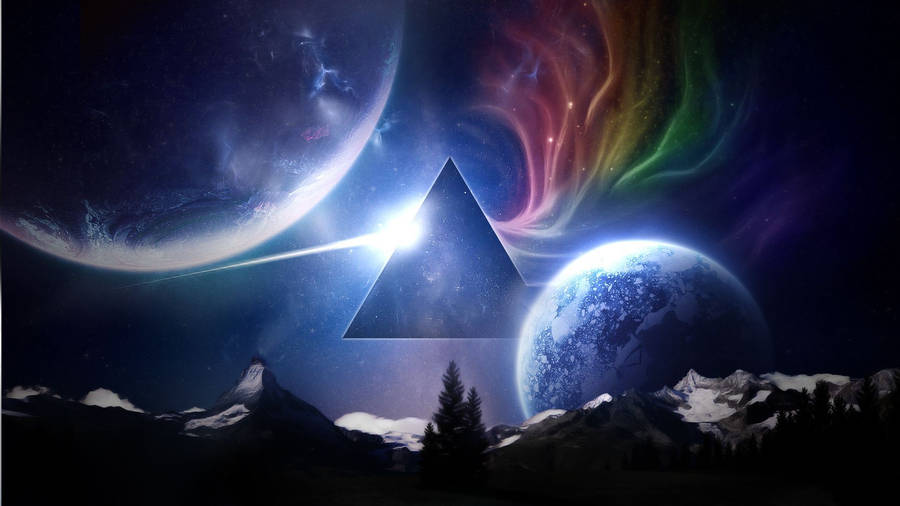
Download free Pink Floyd Colorful Aura Wallpaper
3 Images of Neptune. Full Resolution: TIFF (38.53 kB) JPEG (11.75 kB) 1999-08-30. Neptune. Voyager. VG ISS - Narrow Angle. 700x852x3. PIA00052: Neptune Great Dark Spot in High Resolution.

Neptune Wallpapers Wallpaper Cave
NASA/JPL-Caltech. In 1989, Voyager 2 became the first and only spacecraft to ever fly by Neptune, and images from that mission famously show a planet that's a deep azure color. But in reality.
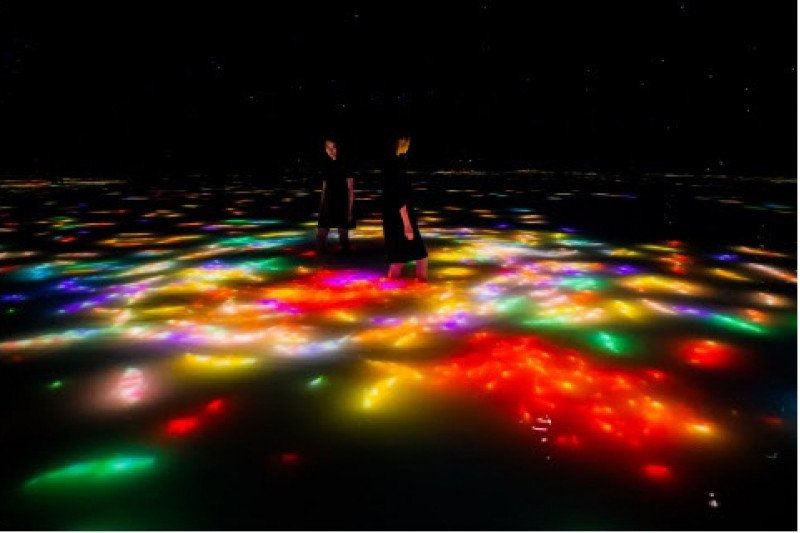
teamLab a museum where you move through water in Toyosu, Tokyo
Neptune, which is four times as wide as Earth, is the most distant planet of our solar system. Voyager 2's observations whetted the appetites of astronomers, who were eager to learn more about.